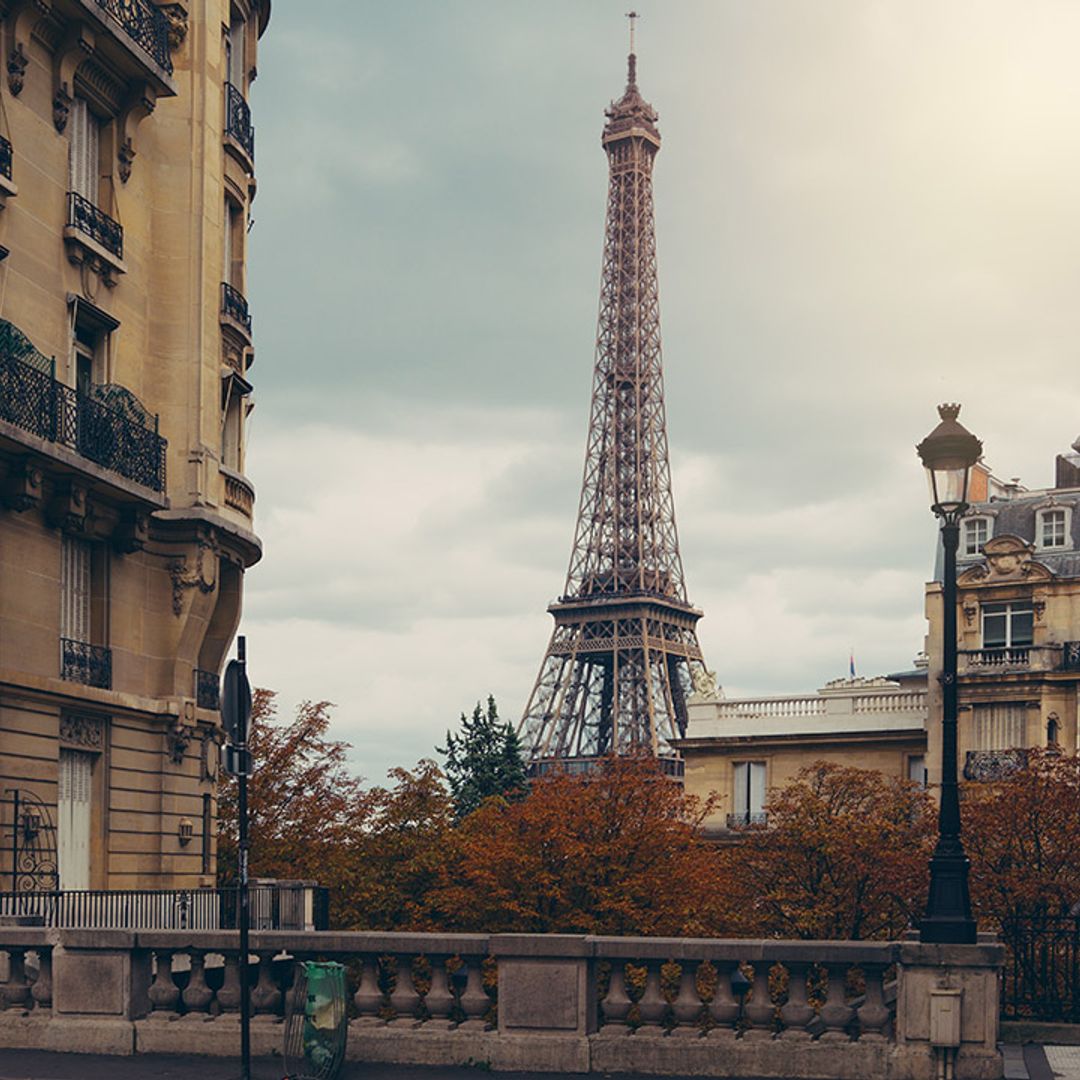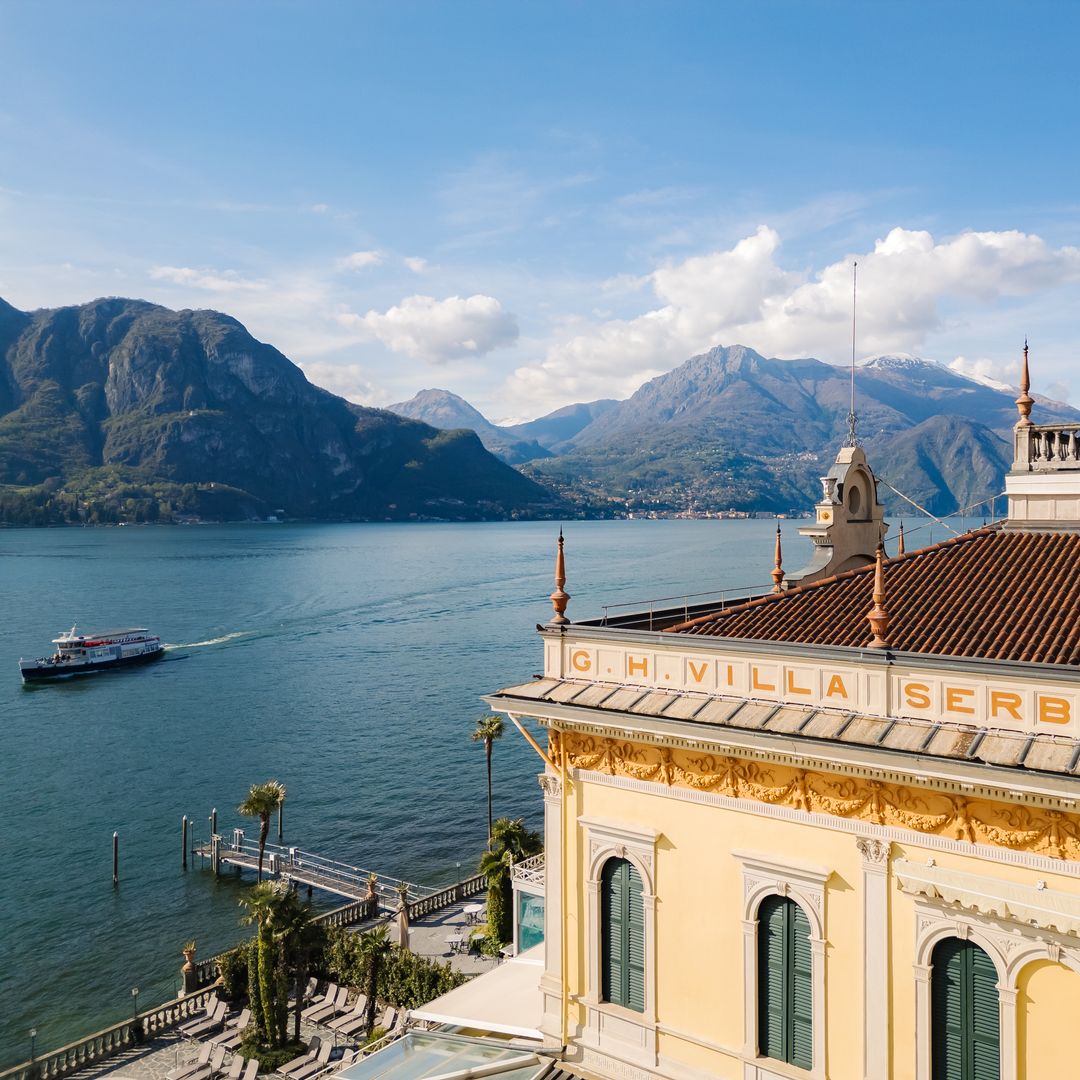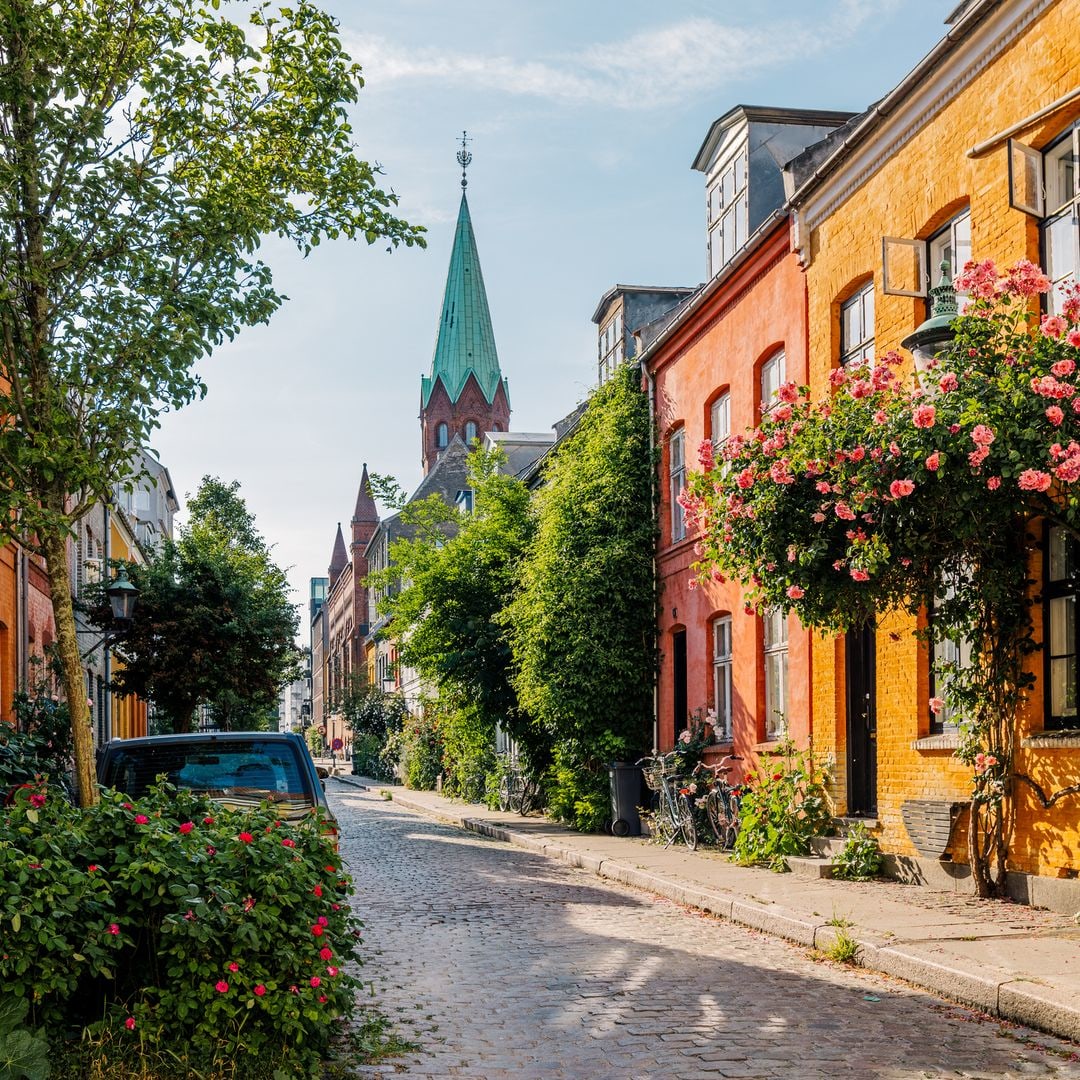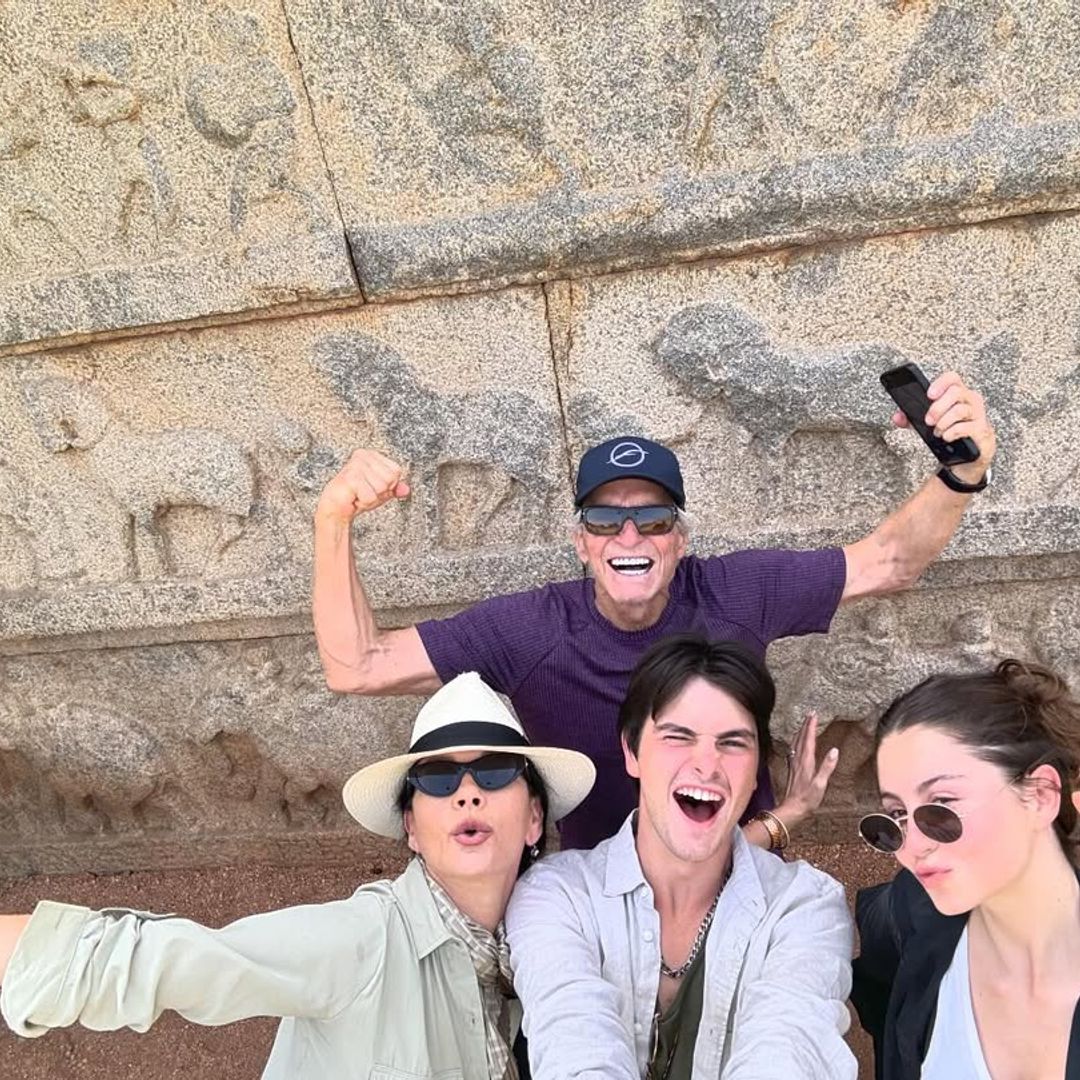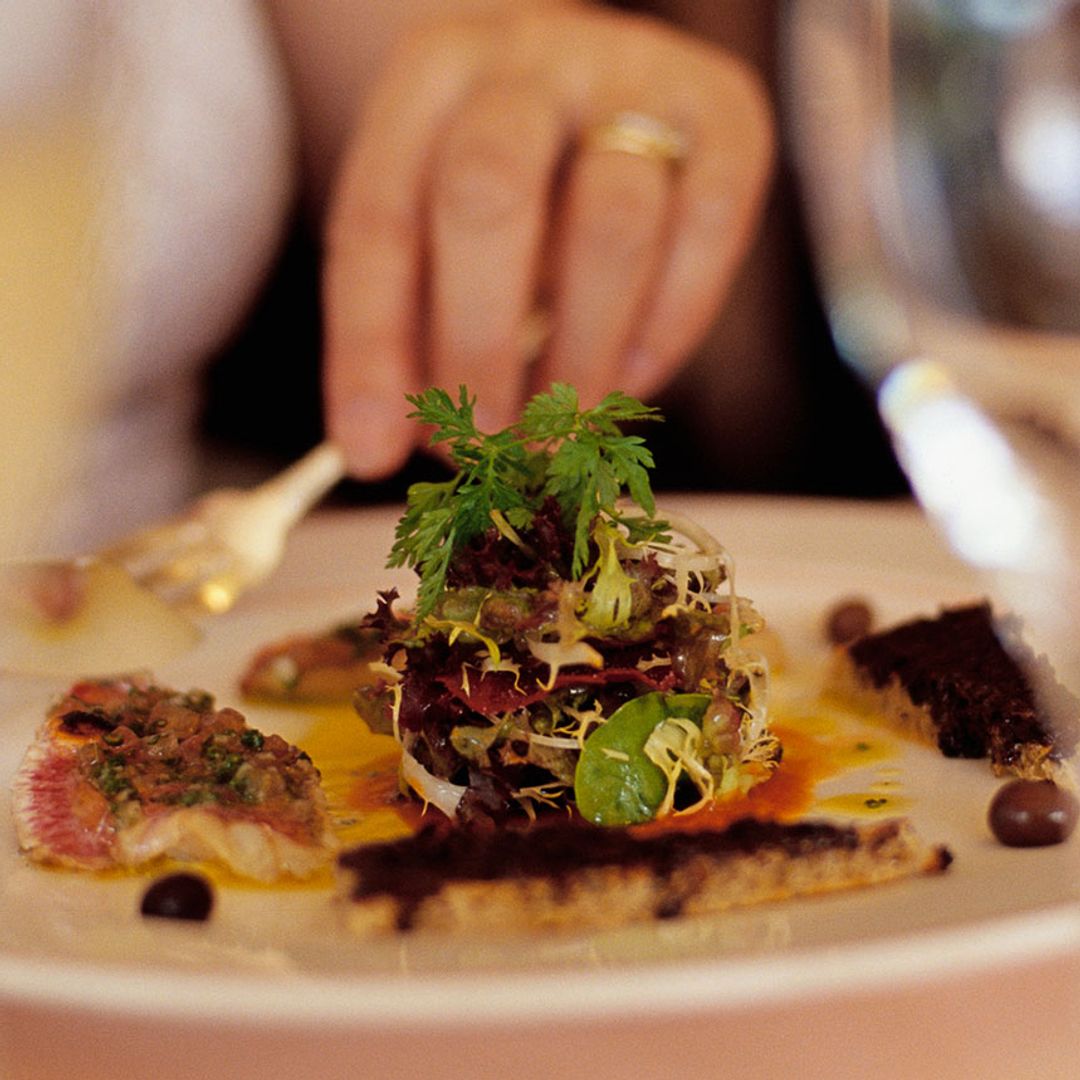There are few corners left on the planet where you can leave the rat race of modern Western life so completely to one side as in Bhutan, known by its people as the 'land of the thunder dragon', and by many admirers as 'the last Shangri-La'. Barely half the size of Scotland, the Himalayan kingdom is sandwiched between the giants of China and India; it was firmly closed to the rest of the world until around three decades ago, and in many respects remains so. Its original isolation was due to the surrounding mountains, many over 7,000 metres – including the planet's highest unclimbed peak – but now the seclusion results from the intentional policies of the country's leaders.
The national airline is the only one to connect Bhutan's only airport, in the Paro district, with a handful of Asian cities, and travellers who wish to experience the country's unique scenery and spiritual life must pay a sum of around $200 a day in advance: this guarantees basic accommodation, meals and transport, as well as an obligatory guide who will help them decipher the ways of the country. This requirement is one of many imposed by the government to discourage mass tourism and preserve the identity of the people as the country moves from the middle ages into the twenty-first century. Other laws intended to strengthen the country's identity include the wearing of traditional national dress in public.
Until the Sixties, Bhutan had no electricity, main roads or cars and it was one of the last countries in the world to allow television. Just four years ago, the King, Jigme Singye Wangchuck, abdicated in favour of his eldest son, thereby laying the groundwork for modernisation. The country's first democratic elections were held in late 2007, and Bhutan is now a constitutional monarchy.
The traditional lifestyle is based on Buddhist philosophy and the country is known for its curious Gross Domestic Happiness Index, a concept coined by King Jigme Singye Wangchuck to complement the standard measure of per capita income. In 2006, Bhutan was rated the happiest country in Asia, and eighth happiest in the world.
Bhutan is a humble, agricultural country, with many feudal traditions. It is, however, rich with ancient temples perched on breath-taking mountain peaks, with villages tucked among the forests that cover three quarters of the land, and with valleys, rice paddies and waving prayer flags. It remains largely unexplored even by naturalists, who are confident that many wonders are yet to be discovered in this living Eden where the great mountains fold back on each other to form vastly different climatic conditions just metres away from each other.
Clearly, this makes Bhutan a perfect place for trekking, as, even at lower altitudes you can hope to spot unusual birds, orchids and medicinal plants and herbs, while, for the more experienced, there's a chance to climb higher, where there are even fewer tourists and more wonders await. It's also, though, a place to retire and meditate, and this doesn't need to be a primitive experience: the country boasts a handful of luxury hotels that offer days or weeks of yoga and holistic therapies which will rebalance the body and mind in an environment steeped in long centuries of spirituality.
Getting there
The national airline, Drukair, connects Paro with a handful of major cities around Asia including Delhi, Kathmandu, Bangkok and Calcutta. Specialist tour agencies arrange complete packages that include visits to the country's main sights, hotel accommodation, private yoga classes and even the opportunity to visit a lamasery for those looking to immerse themselves in the traditional spirituality of the country.
Where to stay
The Uma Paro opened its doors five years ago, in the erstwhile home of a Bhutanese noble, and is now one of the few true luxury hotels in the country. Decorated with exquisite taste, the thirty-odd rooms, villas and suites, achieve a seamless blend between the twenty-first century facilities and traditional aesthetics. In addition to being a base from which to explore the temples and valleys of Bhutan, this boutique hotel is designed as a retreat wherein to rebalance mind, body and spirit. To complement the spirituality and silence of the surroundings, the hotel offers the 'Como Shambhala Retreat'; more than a simple spa, the facility aims to combine the use of Asian-inspired holistic therapies such as Ayurvedic medicine, with a personalised diagnosis to improve the lifestyle habits of each individual guest; it offers organic cuisine that maximises energy and wellbeing, and an open air yoga pavilion where internationally renowned instructors and therapists teach and practise on special courses.
Gastronomy
Bhutan's cuisine can be difficult for the European palate; spicy chilli peppers are widely used and yak meat and pork abound, with rice being the accompaniment for almost all dishes. The national dish is ema datse, with chilli sprouts in cheese sauce. Other specialities include phagshaphu, with strips of dried pork fat stewed with turnips or radishes and chilli peppers; gondomaru, a type of scrambled eggs cooked in butter, bjashamaru, chicken stewed in garlic butter sauce, and paa sicum, a dish of dried pork with chilli. The best dining experience is to be found in luxury hotels such as Uma Paro or Amankora, both in Paro, or the Taj Tashi in Thimphu, the capital.
Don't miss...Between October and March, book a seat on a Mountain Flight offered by Drukair from Paro airport and enjoy a birds-eye view of Bhutan's natural mountain border as well as the sub-tropical forests that cover so much of the country. Flights can also be chartered.
